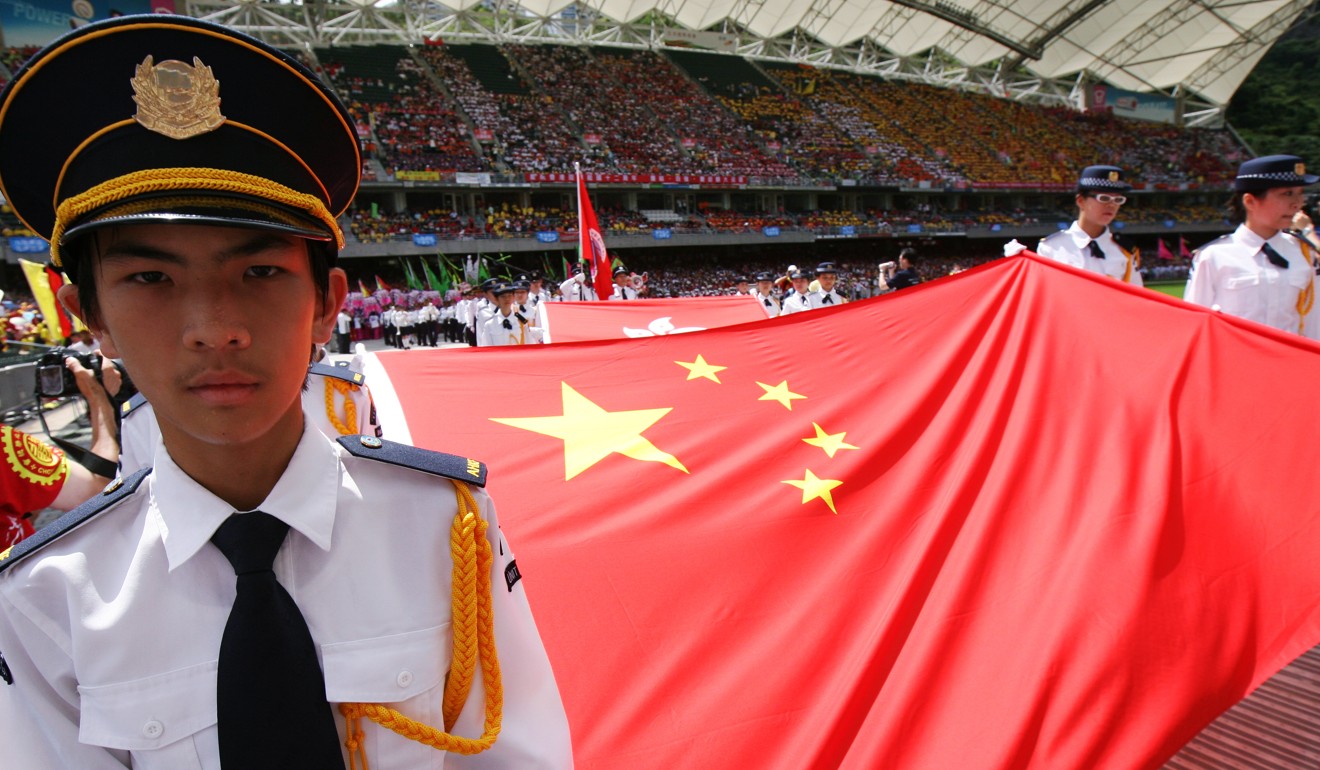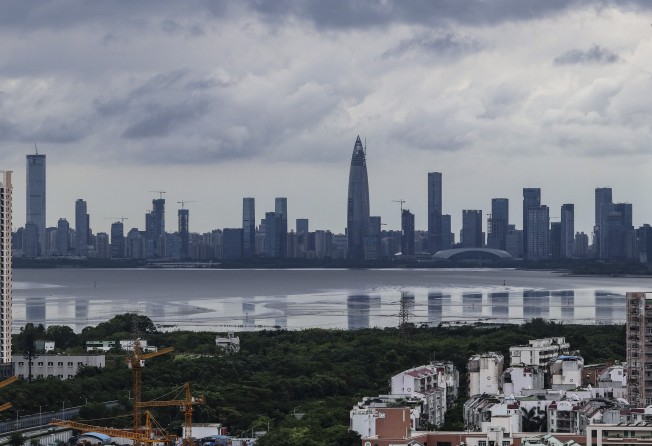
What’s the Greater Bay Area plan? Hong Kong’s young people don’t know either, with half having never heard of it
Think tank and youth group warn that city must get clued up on grand plan for regional development in Pearl River Delta, or risk being left behind

More than half of Hong Kong’s young people have never heard of the “Greater Bay Area” development plan, and continued ignorance will mean the city missing out on opportunities, a local think tank and youth group have warned.
Proactive Think Tank and the Hong Kong Guangdong Youth Association on Thursday released the findings of a study that found 55.2 per cent of 833 young people aged between 15 and 34 had never heard of the concept.
The grand plan is the Chinese government’s vision for an interconnected Pearl River Delta region in southern China, linking Hong Kong, Macau and nine other cities in Guangdong province into an integrated economic and business hub.
The two organisations also revealed that 59.7 per cent of the 321 Hong Kong youths surveyed who were studying or working on the mainland had also never heard of the plan.

The average score recorded in response to the statement: “I pay attention to recent news and discussion about the Greater Bay Area plan” was just 2.01 out of 5, meaning respondents “strongly disagreed”.
But young Hongkongers did not completely turn a blind eye to Guangdong affairs, with many saying the province offered better opportunities for start-ups. The statement “Hong Kong has better opportunities than Guangdong for starting a business” scored 2.92 out of 5 on average.
The survey also showed young people did not approve of the nation’s political and social situations. On these two issues average scores of 2.29 and 2.44 were recorded respectively. A score of 1 indicates strong disapproval.
A consortium made up of the youth association, the think tank, the Guangdong Academy of Social Sciences and Hong Kong Shue Yan University conducted the cross-border study between July and August.
Founded in May last year, Proactive Think Tank is chaired by Ricky Tsang Chi-ming, a member of the National Committee of the Chinese People’s Political Consultative Conference, an advisory body to China’s government.

The pollsters pointed to many young people’s lack of exposure to mainland lifestyles and working culture as well as what they said was the Hong Kong government’s insufficient efforts to promote the regional development scheme.
“The respondents who did not have experience of studying or working on the mainland generally had a more negative attitude or less understanding of the Greater Bay Area,” said Chu Wing-hang, director of the youth group’s Research Committee on Livelihood Policy.
He lamented the lack of a comprehensive and centralised platform for disseminating information about the plan, and said the local government only sent out information in a “piecemeal and scattered” manner.
Adam Kwok Kai-fai, convenor of the committee, warned that youngsters would miss out if they did not acquire a fair understanding of the bay area.
“It’s a chicken and egg situation: some tech companies cannot find sufficient talent in Hong Kong and have had to leave the city, while young people are reluctant to study science and technology due to a lack of job opportunities here,” Kwok said.
He urged the Hong Kong government and Guangdong provincial authorities to step up efforts to boost cross-border cooperation in technology and innovation. He suggested they set up a mutual fund to support Hongkongers wanting to establish start-ups in the Greater Bay Area.
Hong Kong people holding a home return permit – the document required to visit the mainland – encounter difficulties in everyday life across the border as certain government authorities and online payment systems only recognise mainland identity cards, which bear an 18-digit number instead of the nine or 11-digit number on home return permits, Kwok said.
“The central government should consider giving Hong Kong people working or studying on the mainland identity cards,” he said.
Mainlanders residing or working in Hong Kong had always been issued with local ID cards, he pointed out.